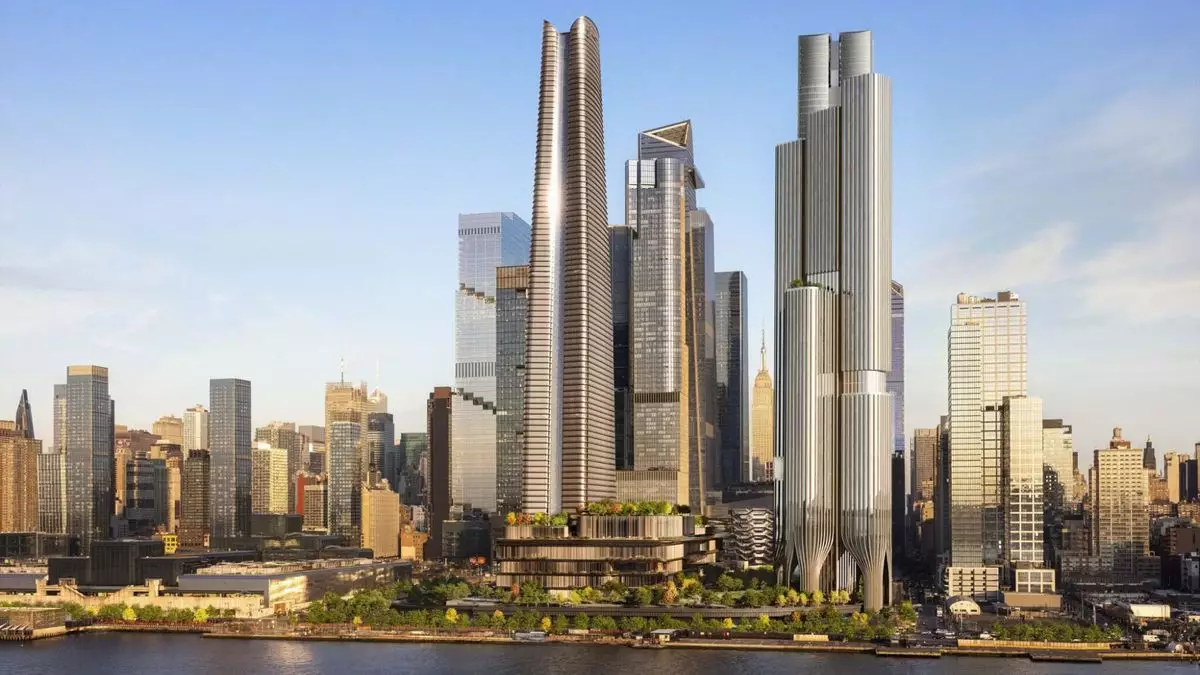In a striking turn of events, community voices have successfully curbed the ambitions of Wynn Resorts and Related Companies, who have withdrawn their ambitious proposal for a $12 billion casino complex in the bustling Hudson Yards. This is not merely a setback for the mega-developers; it’s a powerful testament to the efficacy of local opposition in shaping urban development. The decision to backtrack came after intense scrutiny and resistance led by councilman Eric Bottcher and local organizations like Friends of the High Line and Manhattan Community Board 4. Their efforts underscore a growing trend: that urban planning, especially in a city as interconnected as New York, cannot ignore the resonance of community sentiment.
Behind the Corporate Retreat
Wynn Resorts’ declaration of abandoning their gaming license application reveals a deeper reality within corporate strategies. In their statement, they referenced the recent rezoning processes that illuminated alternative avenues for capital allocation. The implications here are profound; the casino complex’s projected economic viability pales compared to existing development opportunities that enjoy broader community support. This scenario begs the question: why prioritize projects in contentious settings when better, more harmonious prospects abound? The intentions of providing jobs for 5,000 New Yorkers sound noble on the surface, yet they cannot obscure the overarching displacement fears and quality of life concerns raised by residents.
The Local Impact: Voices Heard
The forceful reaction against the proposed casino highlights an invigorated civic engagement. As urban landscapes rapidly evolve, it becomes crucial that local voices not only surface but resonate through the decision-making corridors. This community-driven approach stands as a vital reminder that commercial interests should harmonize with the societal fabric of neighborhoods. Councilman Bottcher and the local community groups effectively mobilized citizen opposition, proving that grassroots movements can catalyze significant change—a phenomenon often overlooked in an era dominated by corporate influence.
Shifting Focus: A New Direction for Development
While Wynn Resorts withdraws from the casino narrative, Related Companies remains poised to pivot toward constructing affordable housing units in Hudson Yards. This shift illustrates an adaptable focus—one that aligns development with the pressing need for accessible living spaces in New York City. As debates on affordable housing continue to escalate, it’s encouraging to see that private developers are beginning to heed the call for socially responsible projects. By channeling resources into housing instead of wagering on the uncertain casino market, Related Companies could foster a more sustainable urban ecosystem.
A Reflection on Urban Development Dynamics
The Hudson Yards episode raises significant questions about the dynamics of urban development in economically diverse areas. With the community standing firm against projects perceived to serve narrow interests, the notion that urban growth can thrive without the consent of its inhabitants is continuously being challenged. As developers recalibrate their strategies, it becomes increasingly evident that successful urban projects must stem from genuine partnerships with local stakeholders, ensuring that growth reflects the desires and needs of the community at large. The cancelation of the casino proposal may initially appear as a loss for investors but can ultimately be viewed as a prioritization of societal interests over mere profitability.
In the grand scheme of urban development, this could well signal a shift toward more inclusive and reflective practices—one that values community resilience as a guiding principle.


Leave a Reply